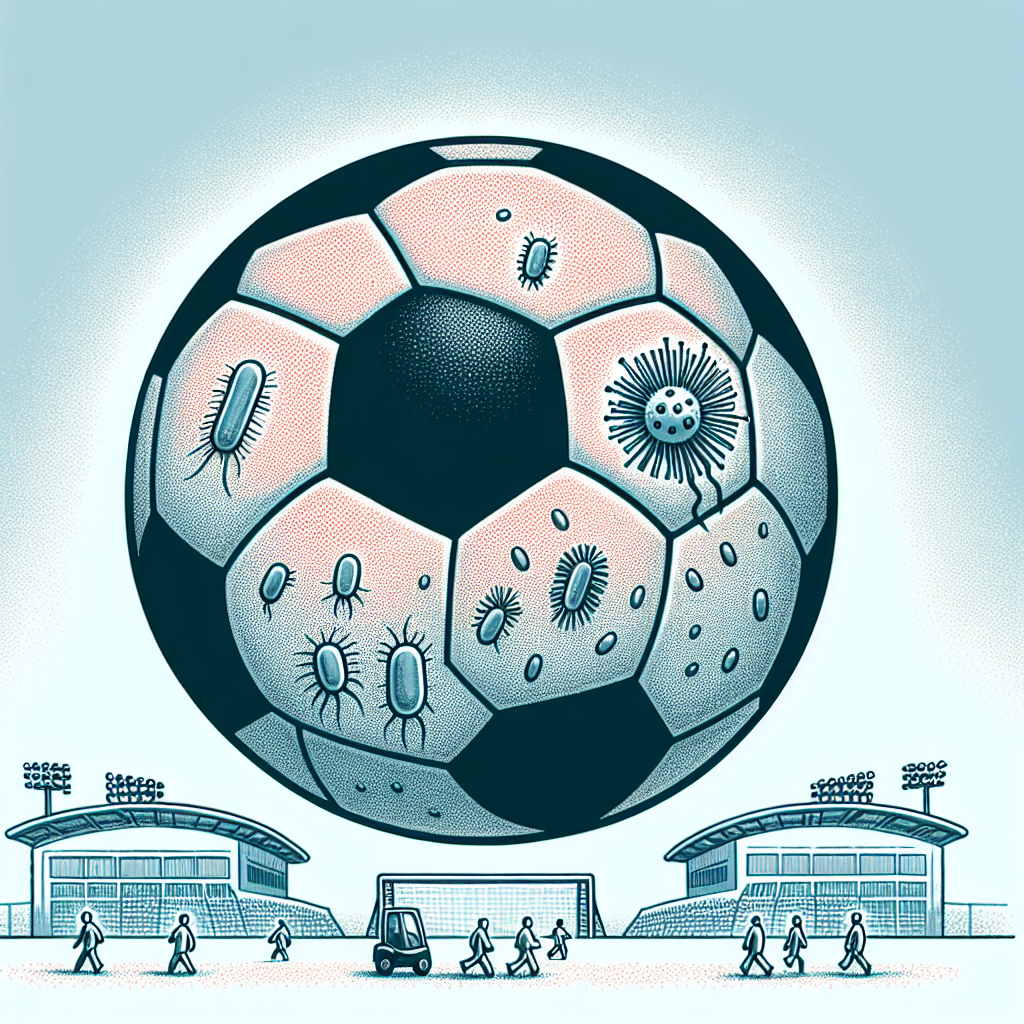
How Tiny Organisms are Revolutionizing the Game
The sports science world has been abuzz with the significant role microbiology plays in shaping soccer performance and player health. Scientists have been delving deeper into how microorganisms, from gut bacteria to environmental microbes, impact the physiological and cognitive aspects of athletes. This revelation is not just altering how teams prepare for matches but also redefining nutritional strategies and recovery protocols.
The Microbiome’s Influence on Athlete Performance
Microorganisms residing in the human body, collectively known as the microbiome, have profound effects on overall health, particularly in high-performance athletes. A balanced microbiome can enhance digestive efficiency, boost immune function, and even influence mental health, all of which are critical for soccer players who undergo intense physical and mental stress.‘
Research from Science Daily reveals a ‘neurobiotic sense,’ where gut cells communicate rapidly with the brain to affect mood and appetite. Understanding this connection can lead to new strategies that adjust players’ microbiomes to enhance focus and performance on the pitch.
Nutritional Strategies Based on Microbiome Science
Nutritionists working with soccer teams are now tailoring diets to optimize the microbiome, moving away from a one-size-fits-all approach. Studies emphasize the importance of personalized nutrition in maximizing athletic potential. This involves incorporating prebiotics, probiotics, and fermented foods into meals to promote beneficial bacteria growth.
Dietary Interventions That Matter
- Prebiotics: Foods like bananas, onions, and garlic that nourish healthy gut bacteria.
- Probiotics: Yoghurt and kefir supplements that introduce beneficial bacteria directly.
- Fermented Foods: Such as kimchi and sauerkraut, which enhance microbial diversity.
According to a study conducted by the NY Times, consuming a diet rich in minimally processed foods, akin to the diet of ancient viking seafarers, has double weight reduction effects and positively influences microbiota — a stark contrast to modern ultraprocessed diet patterns.
Impact of Microbiology on Injury and Recovery
Recovering from intense matches and injuries is another area where microbiology plays a role. Articles from BBC News suggest that optimal gut health can accelerate recovery times by reducing inflammation and promoting tissue healing. Microbiome-targeted supplements are increasingly being prescribed post-injury.
Moreover, the future of fatigue management hinges on microbiome interventions aimed at ensuring athletes recover fully between games, reducing the risk of overtraining, and burnout.
Preventative Measures: The Next Frontier
Prevention of common issues like gastrointestinal disturbances, which can derail an athlete’s performance, is being addressed by ensuring athletes maintain diverse microbiomes year-round. This proactive measure is vital, especially when soccer players travel across continents, where exposure to new environmental microbiota can lead to health challenges.
Overall, these insights emphasize the crucial intertwining of microbiology with soccer. As exploration into this niche continues, the game’s future is set to be influenced by advances in understanding how microscopic lifeforms shape athletic excellence. Teams that harness microbiology’s potential today may well find themselves the champions of tomorrow.



